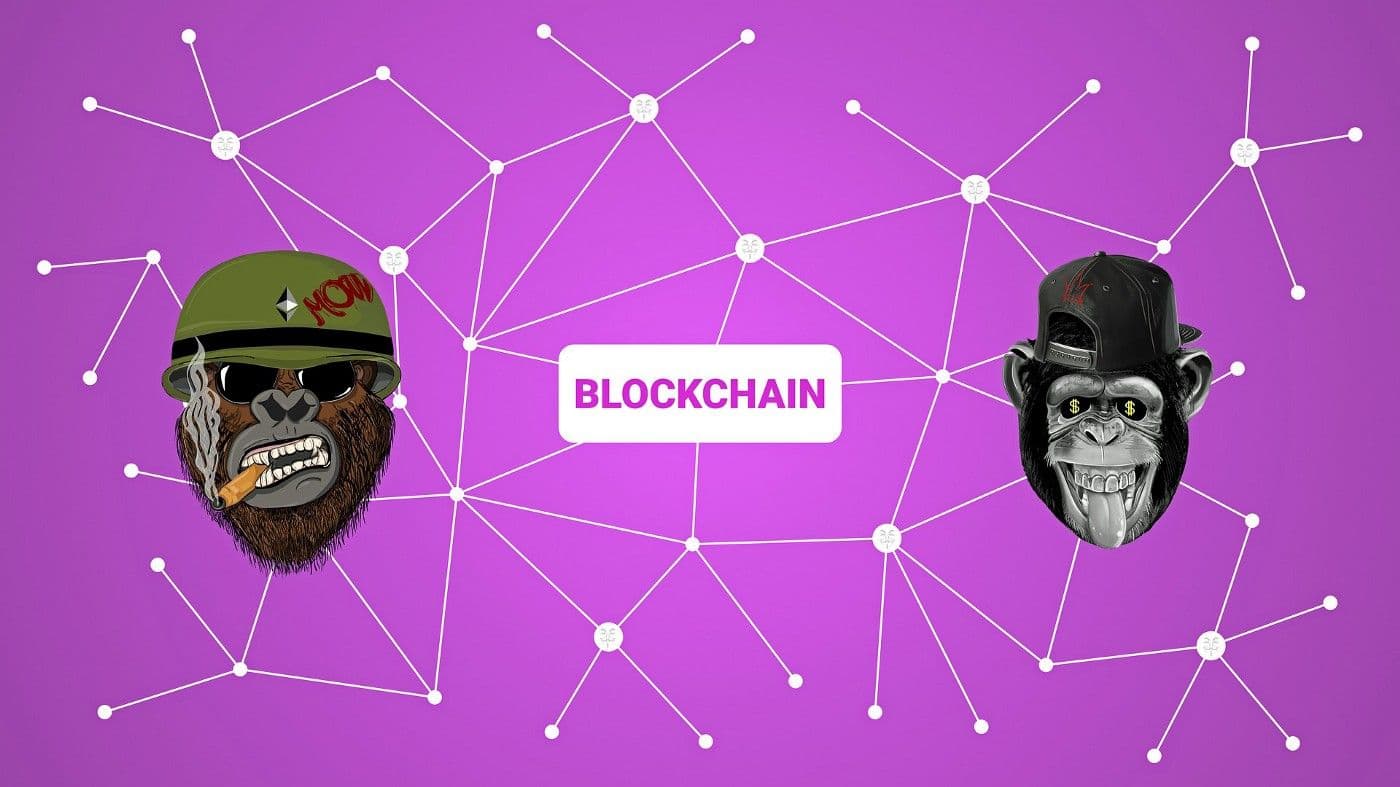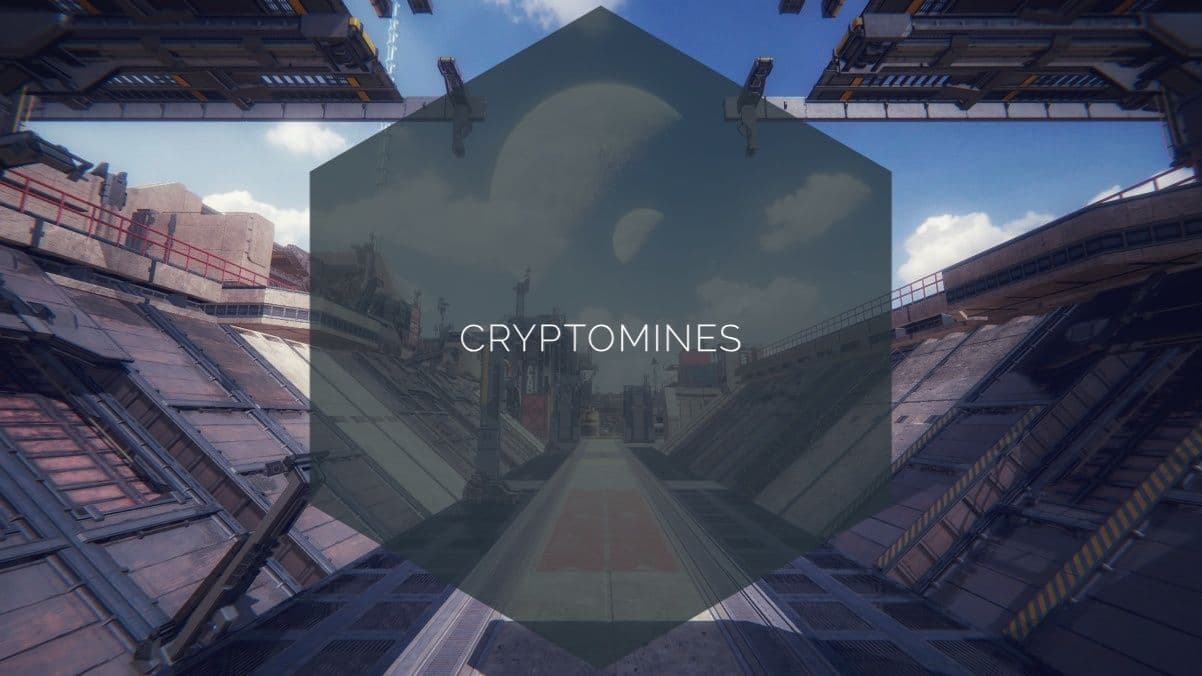Top 4 Play2Earn Games in 2023 to get rich?!
Play2Earn in games & dapps lets players earn tokens through gameplay & participation. Assets have real-world value due to decentralized blockchain. Several P2E games & metaverse platforms offer player interaction, gaming & selling of digital assets in a virtual world

“Play to Earn” in games and dapps allows players to earn digital assets, such as tokens, through gameplay and participation. These assets can be traded and have real-world value, and the decentralized nature of blockchain provides security and ownership over earned assets through an unalterable ledger. This model incentivizes player engagement and creates a transparent and equitable gaming experience.
In the context of “Play to Earn” in the gaming industry, many in-game assets are represented as NFTs and may need to be purchased with fiat to start playing. However, P2E games are typically easy to play and offer incentives for player engagement and connection with others. There are also metaverse platforms that utilize this model, allowing players to interact, play games, and sell digital assets in a virtual world. The use of blockchain technology has made gaming a fun and lucrative venture by transforming perspectives.

What are the top 4 Play2Earn Games that will make you rich this 2023?!
1. Aavegotchi
Aavegotchi is a blockchain-based game that is part of the “Play to Earn” genre of games. It is a collectible game where players can earn rewards by participating in battles, acquiring and training ghostly creatures called Aavegotchis, and exploring the game’s world. Aavegotchis are represented as non-fungible tokens (NFTs) and can be bought, sold, and traded with other players. The game is built on the Aave decentralized lending platform, which provides a secure and transparent means of managing in-game assets. The goal of the game is to build and manage a team of powerful Aavegotchis, participate in battles and challenges, and ultimately become the top Aavegotchi trainer.
There are several ways to earn in-game currency (GHST) in Aavegotchi:
- Playing the game: Players can earn GHST by playing the game, such as capturing Aavegotchis, battling other players, and completing quests.
- Trading Aavegotchis: Players can earn GHST by buying, selling, and trading Aavegotchis with other players in the game. Aavegotchis are represented as non-fungible tokens (NFTs), which provide a secure and transparent means of ownership and transfer.
- Participating in events: Aavegotchi regularly holds in-game events, such as treasure hunts and battles, where players can earn GHST by participating and completing tasks.
- Staking: Players can earn GHST by holding and staking their in-game currency, providing liquidity to the game’s ecosystem and earning rewards in return.

2. Upland
Upland is a blockchain-based virtual world game that operates on the “Play to Earn” model. In Upland, players can buy, sell, and trade virtual real estate properties in a virtual representation of cities such as San Francisco and New York. Players can earn in-game currency, UPX, by buying, improving, and selling properties, as well as participating in events and challenges. The virtual real estate properties in Upland are represented as non-fungible tokens (NFTs), which provide a secure and transparent means of ownership and transfer. The goal of the game is to become a successful virtual real estate tycoon, by buying, managing, and selling properties in the virtual world.
There are several ways to earn in-game currency (UPX) in Upland:
- Buying and selling virtual real estate: Players can buy virtual real estate properties in the game, improve them, and sell them for a profit to earn UPX.
- Participating in events: Upland regularly holds in-game events, such as auctions, scavenger hunts, and races, where players can earn UPX by participating and completing tasks.
- Completing challenges: Upland also offers daily and weekly challenges, which can be completed to earn UPX.
- Renting properties: Players can earn UPX by renting out their virtual real estate properties to other players in the virtual world.
- Staking: Players can earn UPX by holding and staking their in-game currency, providing liquidity to the game’s ecosystem and earning rewards in return.

3. The Sandbox
The Sandbox is a blockchain-based virtual world game that operates on the “Play to Earn” model. In The Sandbox, players can create and build their own virtual worlds using voxel-based assets. Players can earn in-game currency, SAND, by participating in the game, such as creating and sharing content, participating in events, and completing challenges. The virtual assets in The Sandbox are represented as non-fungible tokens (NFTs), which provide a secure and transparent means of ownership and transfer. The goal of the game is to become a successful virtual world creator, by building, managing, and sharing unique and creative virtual worlds with other players.
There are several ways to earn in-game currency (SAND) in The Sandbox:
- Creating and sharing content: Players can earn SAND by creating and sharing unique and creative content, such as landscapes, games, and experiences.
- Participating in events: The Sandbox regularly holds in-game events, such as treasure hunts and build competitions, where players can earn SAND by participating and completing tasks.
- Completing challenges: The Sandbox also offers daily and weekly challenges, which can be completed to earn SAND.
- Selling NFTs: Players can earn SAND by selling their virtual assets, such as voxel-based landscapes and characters, to other players in the virtual world.
- Staking: Players can earn SAND by holding and staking their in-game currency, providing liquidity to the game’s ecosystem and earning rewards in return.

4. Gods Unchained
Gods Unchained is a digital collectible card game (CCG) built on the Ethereum blockchain. Players can buy, collect, and trade unique cards, which are represented as non-fungible tokens (NFTs). The game operates on a “Play to Earn” model, where players can earn rewards and progress in the game by playing it, rather than relying on microtransactions or other forms of spending money. The decentralized and transparent nature of the Ethereum blockchain provides a secure means of ownership and transfer for these digital assets. Gods Unchained has a fantasy-themed setting, and players can build decks and engage in strategic battles with other players.
Gods Unchained is a collectible card game that operates on the “Play to Earn” model. In this game, players can earn in-game items, such as cards and packs, by playing and participating in the game. Some ways to earn rewards in “Gods Unchained” include:
- Playing matches: Players can earn rewards, such as cards and packs, by winning matches in the game.
- Participating in events: The game regularly holds special events, such as tournaments and limited-time modes, where players can earn rewards by participating and competing.
- Trading with other players: Players can trade their cards and other in-game items with other players to earn more valuable items.
- Owning valuable cards: Players can also earn rewards by owning valuable cards, as their value may increase over time.
- Staking: Players can earn rewards by holding and staking their in-game items, providing liquidity to the game’s ecosystem and earning rewards in return.

Introducing the CryptoTicker Podcast
Every Wednesday, you can tune in to the Podcast on Spotify , Apple and YouTube. The episodes are perfectly tailored for a duration of 20-30 minutes to quickly and effectively familiarize you with new topics in a fun setting on the go.






























